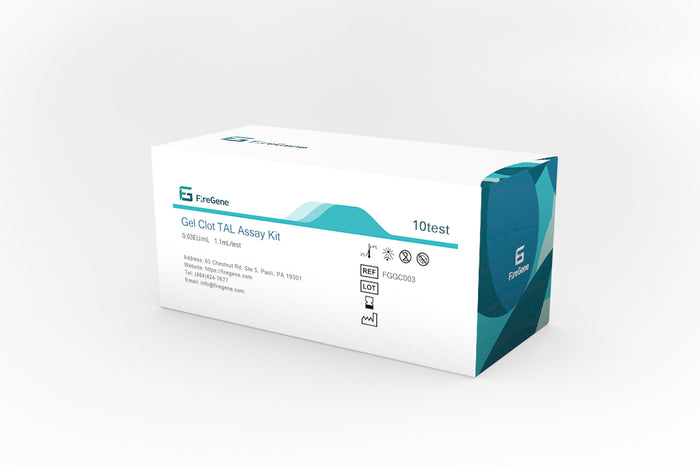
# Endotoxin Detection with Gel Clot Test Kit
## Understanding the Gel Clot Endotoxin Test Kit
Keyword: Gel Clot Endotoxin Test Kit
The Gel Clot Endotoxin Test Kit is a widely used method for detecting endotoxins in pharmaceutical products, medical devices, and other materials. This test relies on the clotting reaction of Limulus Amebocyte Lysate (LAL) when exposed to endotoxins, which are lipopolysaccharides found in the outer membrane of Gram-negative bacteria.
How the Gel Clot Test Works
The Gel Clot method follows a simple yet effective principle:
- The sample is mixed with LAL reagent
- The mixture is incubated at 37°C for a specified time
- The formation of a gel clot indicates the presence of endotoxins
This qualitative test provides a clear yes/no answer regarding endotoxin contamination, making it particularly useful for pass/fail determinations in quality control processes.
Advantages of Gel Clot Method
The Gel Clot Endotoxin Test Kit offers several benefits:
- Simple to perform with minimal equipment requirements
- Cost-effective compared to quantitative methods
- Highly specific to endotoxins
- Does not require expensive instrumentation
- Provides rapid results (typically within 60 minutes)
Applications in Pharmaceutical Industry
This test kit is particularly valuable for:
- Raw material testing
- In-process quality control
- Final product release testing
- Water system monitoring
- Medical device testing
Considerations for Accurate Testing
To ensure reliable results with the Gel Clot Endotoxin Test Kit:
- Maintain proper aseptic techniques
- Control environmental conditions
- Use appropriate positive and negative controls
- Follow manufacturer’s instructions precisely
- Validate the test method for specific applications
The Gel Clot method remains a fundamental tool in endotoxin detection, offering a balance of simplicity, reliability, and regulatory acceptance for various industries requiring pyrogen testing.